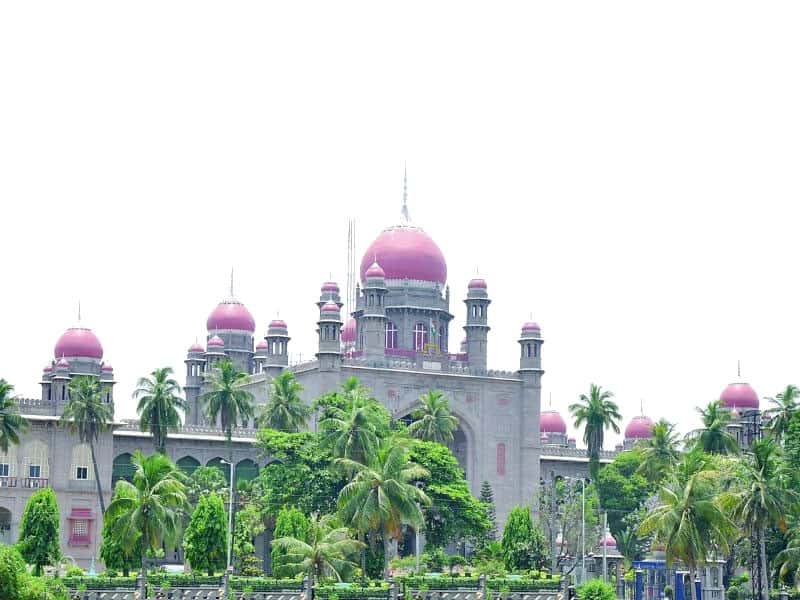New Delhi (Agency): In a landmark ruling, the High Court for the State of Telangana at Hyderabad has upheld the right of citizens to choose ‘no religion’ and ‘no caste’ options in birth certificates. The court emphasized the importance of individual freedom of conscience and directed the authorities to provide the option, respecting citizens’ beliefs.
The case, filed as Writ Petition No. 27398 of 2021, was brought by Sandepu Swaroopa and her husband, seeking a writ of mandamus under Article 226 of the Constitution of India. The petitioners challenged the inaction of the respondents (Union of India, represented by the Secretary, Ministry of Human Resource Development, and others) in recognizing their repeated representations requesting that their newborn child’s birth certificate state “no religion” and “no caste.”
The couple, belonging to two different religions, opted for a love marriage and wanted to raise their child without any religious formalities or caste practices. They wanted to foster a democratic and humanistic environment at home, where their child could grow up without religious constraints. However, the online birth certificate application form mandated the mention of the child’s religion under column No.9, without offering the option of ‘no religion’ or ‘no caste.’
The petitioners argued that this requirement violated their right to freedom of conscience under Article 25 of the Constitution of India. They contended that no citizen should be compelled to declare or specify their religion or caste against their will, and that their request was in line with the secular spirit of the Indian Constitution.
The High Court, in its ruling delivered by Hon’ble Smt. Justice Lalitha Kanneganti, recognized the evolving nature of the law and its responsibility to ensure that no citizen suffers inconvenience due to non-registration of births. It emphasized that human dignity is a fundamental element of meaningful existence and that every individual has the right to live with dignity, including making end-of-life decisions.
The Court cited the Hon’ble Apex Court’s precedent in ABC v. State (NCT of Delhi), which established that the State has a responsibility to respect one another’s dignity, thereby expressing constitutional fraternity.
Article 25 of the Constitution guarantees freedom of conscience and the right to freely profess, practice, and propagate religion. The Court stated that this right includes the freedom to state that one does not belong to any religion or does not wish to practice or profess any religion.
The judgment emphasized that India is a secular country, and the State cannot compel individuals to disclose their religion or caste against their will. The court asserted that it is the responsibility of the respondents to respect and recognize the choices of citizens regarding religious practices.
Drawing on the Bombay High Court’s judgment in Ranjeet Suryakant Mohite v. Union of India, the Court further affirmed that every individual has the right to claim that they do not belong to any religion and that they do not practice or profess any religion.
The Court ruled in favor of the petitioners, directing the respondents to include a column for “no religion” and “no caste” in the online birth certificate application form. The authorities are now obligated to receive applications for birth registration with these options, in compliance with Article 25 of the Constitution.
This ruling has far-reaching implications for individuals who wish to exercise their right to choose not to disclose their religion or caste. It is a significant step toward ensuring that citizens are not forced to declare any religious affiliation against their conscience.
The judgment marks a progressive and inclusive approach by the judiciary to adapt to the changing needs and requirements of society. It upholds the fundamental principles of individual freedom and dignity enshrined in the Constitution and sets a precedent for future cases of similar nature.
The ruling has garnered attention and applause from various quarters, with many hailing it as a milestone in safeguarding personal beliefs and promoting a more tolerant and diverse society.
